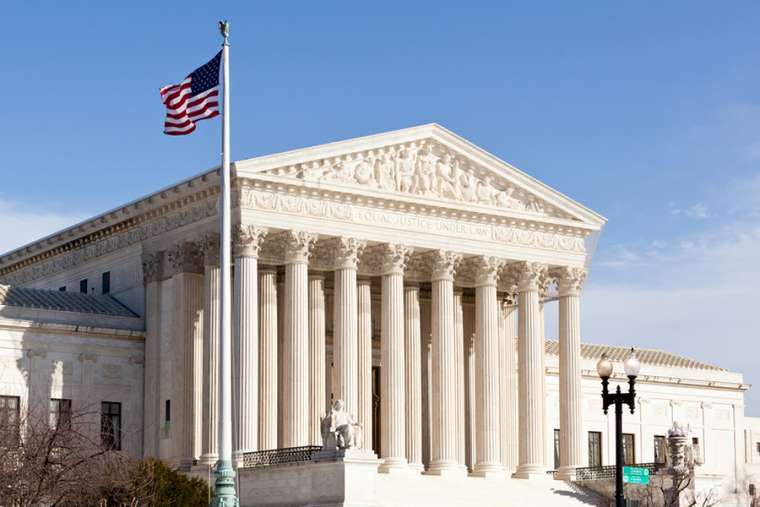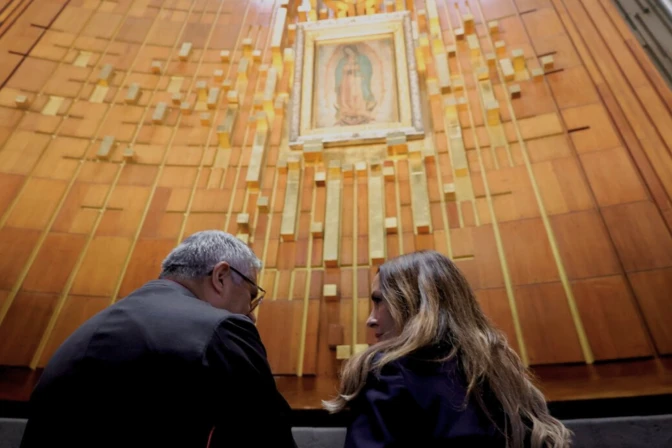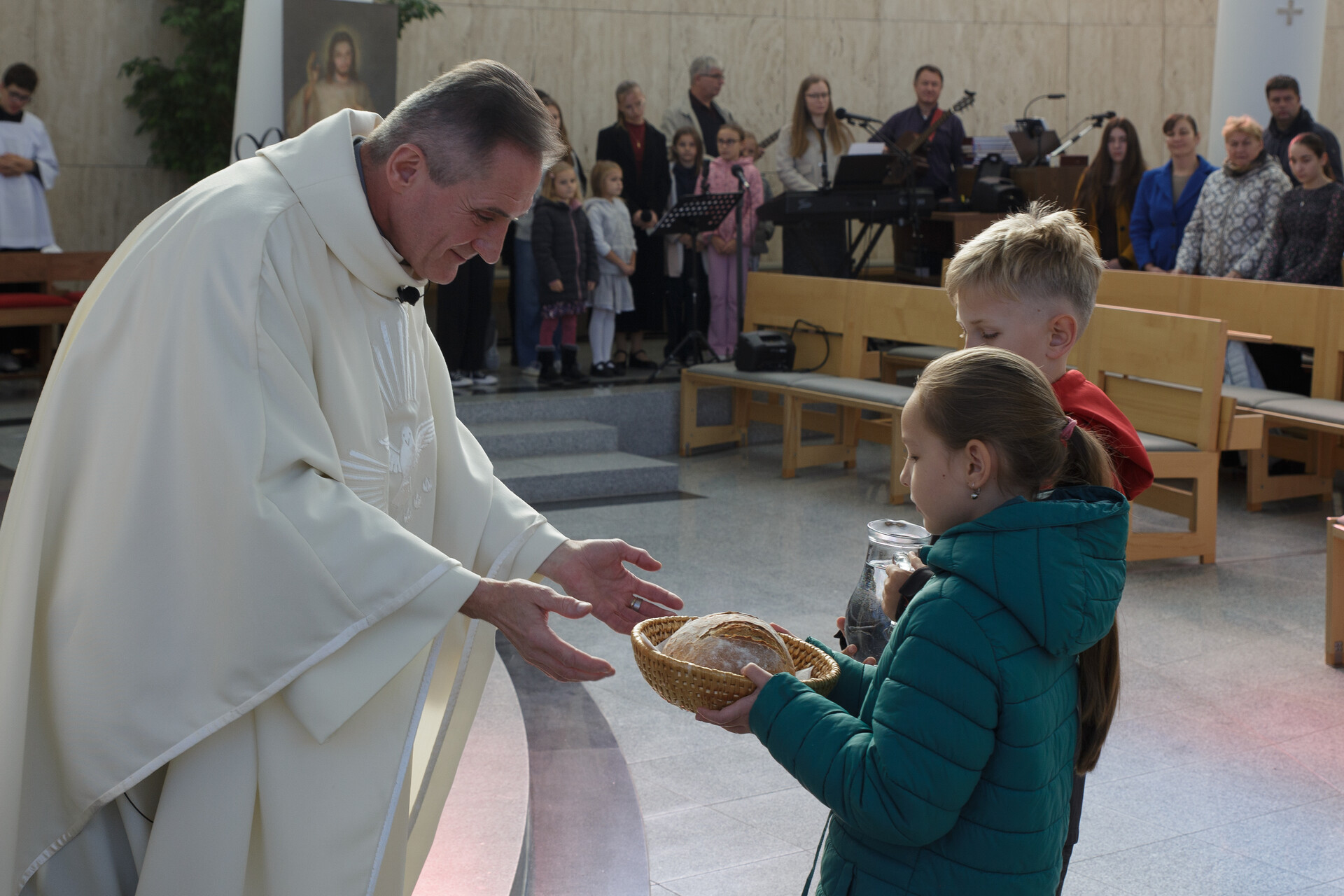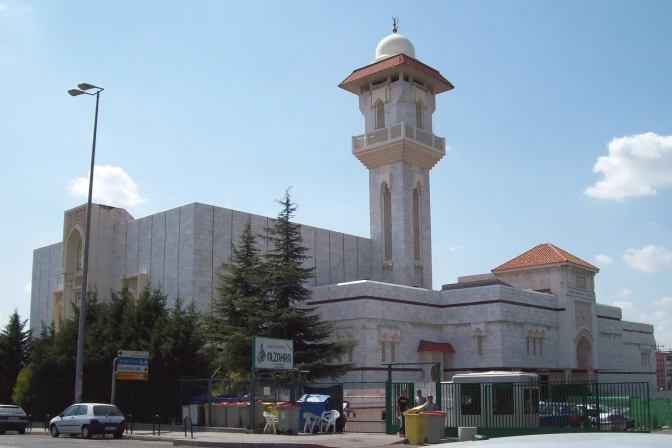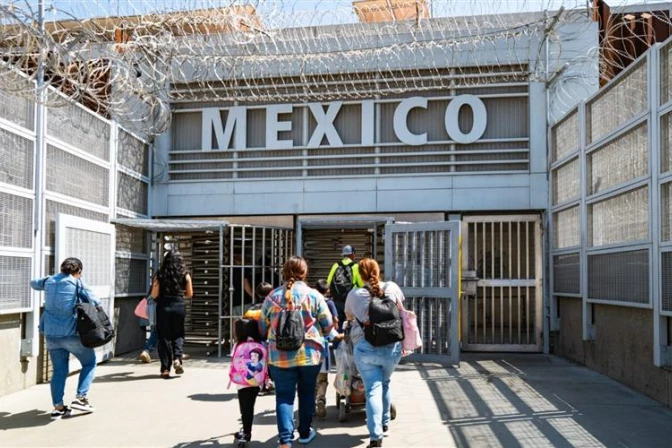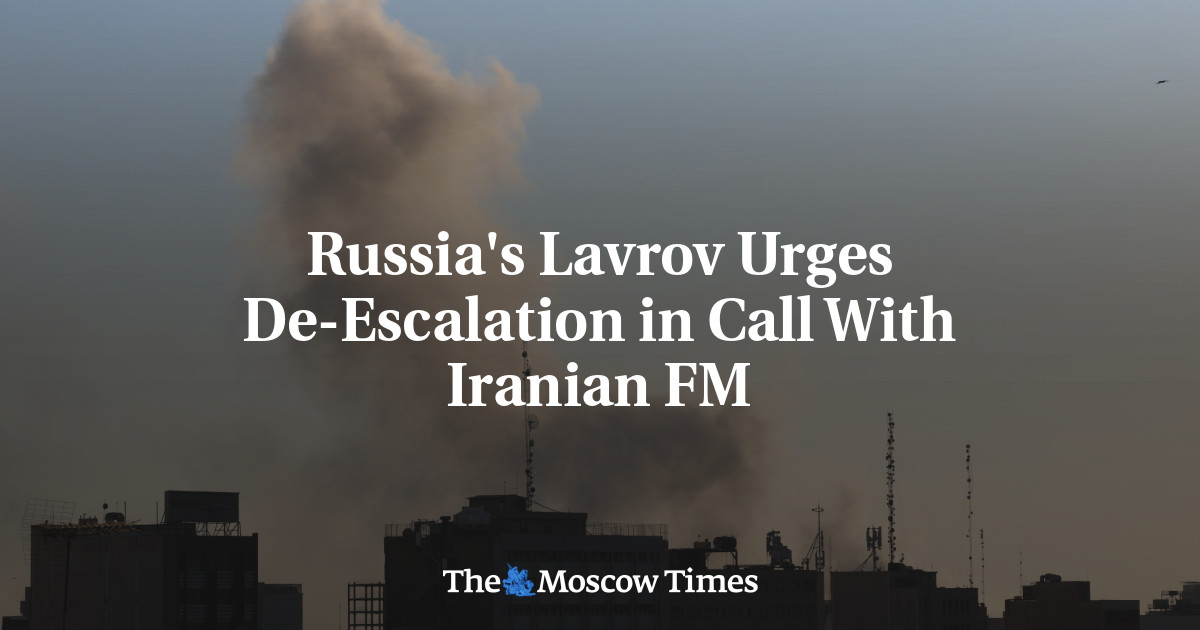Paris, France, Oct 20, 2025 / 11:51 am
In an unprecedented initiative, 86 French senators have signed a public appeal denouncing the alarming rise of anti-Christian acts in France and urging the government to take concrete measures to protect believers and places of worship.
The statement, led by Sen. Sylviane Noël of Haute-Savoie (southeastern France) and published on the conservative website “Boulevard Voltaire,” paints a grave picture of growing violence against churches and Christians across the country — and of what the signatories describe as a culpable indifference from public authorities.
“Not a week goes by without the regional daily press or social media informing us of these attacks, ranging from desecration and arson to physical assault,” the appeal warns.
According to data cited in the text, 322 anti-Christian acts were recorded in the first five months of 2025 alone — a 13% increase from the same period in 2024. The theft of liturgical objects has also surged by more than 20% in two years, with 820 cases reported in 2024 compared with 633 in 2022.
The appeal briefly cites a few emblematic incidents to illustrate this alarming trend. In the Landes region, at least 27 churches have been vandalized or desecrated in a matter of weeks, while in Nice, the defilement of a cross on Boulevard de la Madeleine has shocked the local population.
The most emblematic case in recent months was the murder of Ashur Sarnaya, a 45-year-old Assyro-Chaldean Christian refugee from Iraq with a disability, while livestreaming on social media Sept. 10. His story became a symbol of both Christian endurance and the tragic vulnerability of believers in today’s France.
“He had fled Iraq and persecution to find refuge in our country,” the senators note, underlining the human cost and moral urgency of these acts of violence.
They also recall the tragic 2016 killing of Father Jacques Hamel, who was murdered at the altar by a radicalized Muslim while celebrating Mass.
The senators denounce political and media circles for their indifference toward Christians. They observe that incidents involving other faiths often trigger immediate official reactions and extensive media coverage, while attacks on Christian sites frequently pass unnoticed.
To illustrate this imbalance, they compare the public outrage provoked by pig heads left outside several Paris mosques last month with the near silence following the burning of a Virgin Mary statue in Guingamp during a Mass for the feast of the Nativity of Mary on Sept. 8.
While France has established reporting platforms and support systems for victims of antisemitic and anti-Muslim acts, no equivalent mechanism exists for anti-Christian incidents.
“Today, we solemnly call on the government to act without delay,” the senators declare in the statement. “It is urgent to establish a national reporting and support system for victims of anti-Christian acts, accessible to the general public, clear, and effective.”
“This disparity fosters among many believers the impression that some victims of religious violence are treated as less worthy of attention,” the appeal continues. “Amid this undeniable surge of hostility, many Christians in France feel increasingly abandoned.”
The appeal insists that France’s motto — liberty, equality, and fraternity — must be applied equally to all believers.
“Liberty requires that every citizen be able to practice his or her faith without fear of threats or desecrations,” it says. “Equality demands that the state, at its highest level, deploy the same means of protection for all. Fraternity, finally, obliges us to consider that when a believer is wounded, it is the entire national community that is affected.”
Without seeking to pit communities against one another, the senators conclude that protecting Christians is part of a broader effort to defend France’s unity.
(Story continues below)
Subscribe to our daily newsletter
“When a synagogue is desecrated, when a mosque is targeted, when a church is vandalized, it is always the same essential freedom that is threatened,” they write. “No hatred will ever be tolerated, no violence against a believer will ever be relativized.”
This broader debate on the respect due to Christians in France has also been reignited by the controversy surrounding the film “Sacré Cœur,” which tells the story of devotion to the Sacred Heart of Jesus that began 350 years ago in Paray-le-Monial. Before its release, the film’s promotional posters were refused by national railway companies, citing “laïcité” (state secularism) and opposition to “proselytism.”
The decision sparked widespread backlash and underscored what many observers describe as a deeper hostility toward Christianity — an attitude that seeks to marginalize Christian presence and expression in the public sphere, even as faith continues to shape France’s moral and cultural identity.
Solène Tadié is the Europe Correspondent for the National Catholic Register. She is French-Swiss and grew up in Paris. After graduating from Roma III University with a degree in journalism, she began reporting on Rome and the Vatican for Aleteia. She joined L’Osservatore Romano in 2015, where she successively worked for the French section and the Cultural pages of the Italian daily newspaper. She has also collaborated with several French-speaking Catholic media organizations. Solène has a bachelor’s degree in philosophy from the Pontifical University of Saint Thomas Aquinas.
 (1).png)
 4 months ago
26
4 months ago
26

